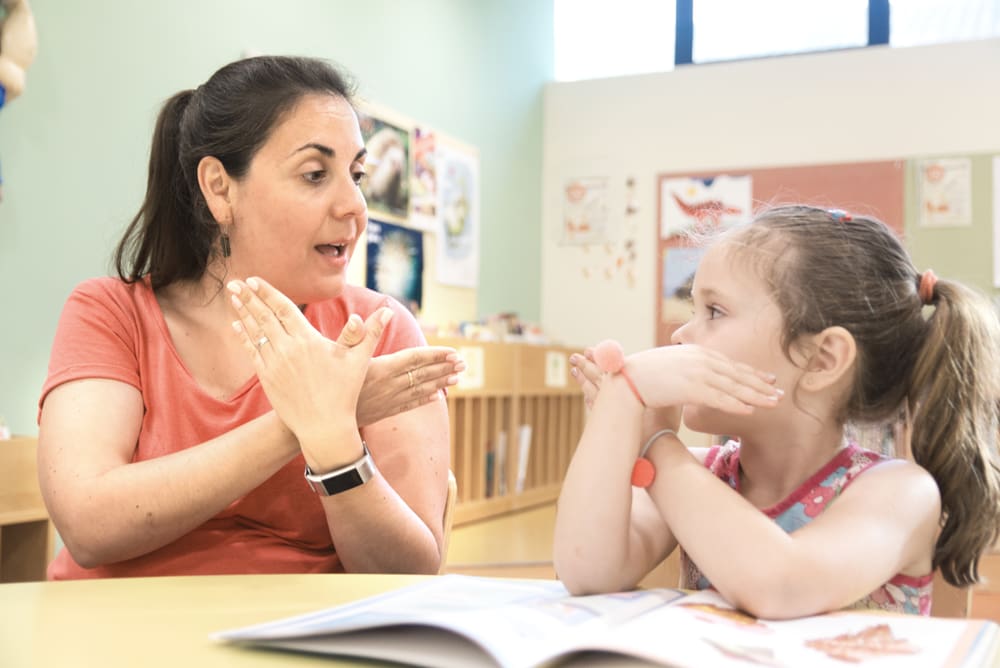For many parents and carers of children with special educational needs or disabilities (“SEND”), understanding how to access the right support can feel overwhelming.
A crucial step if you feel your child requires additional support is requesting an Education, Health and Care Needs Assessment (“EHCNA”) the first stage towards potentially securing an Education, Health and Care Plan (“EHCP”).
Who can apply for an assessment?
Many people are unaware that it is not just the child’s school/educational establishment who can bring an application for an EHC Needs Assessment. Either you, as the Child’s parent, or the young person themselves can start the process.
The legal test for securing an EHCNA
Your Local Authority (“LA”) is required to secure an EHCNA if from the evidence provided it determines that your child has or may have Special Educational Needs and whether they may need special educational provision made for them through an EHCP.
The threshold for this has been described in case law as “low”, but robust evidence will help the Local Authority determine what needs your child may have and whether there is a need for special educational provision.
Effective evidence
The SEN and Disability Code of Practice (“SEND Code of Practice”) states that LAs should consider whether there is evidence that despite the educational institution having taken “relevant and purposeful action to identify, assess and meet the special educational needs of the child or young person, the child or young person has not made expected progress.”
LAs must pay particular attention to:
• evidence of your child’s academic attainment or developmental milestones and rate of progress
• information about the nature, extent and context of your child’s SEN
• evidence of the action already taken by the school or other setting to support your child
• evidence that where progress has been made, it has only been as the result of lots of intervention and support over and above what is usually provided for children of the same age, and
• evidence of your child’s physical, emotional and social development and health needs, considering relevant evidence from clinicians and other health professionals and what has been done to meet these by other agencies.
It is important to note that whilst these are important parts of the picture, it is not a legal requirement that you have them all and they do not form part of the legal test.
Top tips
• Link to the legal test
Always remember to link the information provided to the legal test to prove why an EHCNA is necessary. i.e. whether your child may have SEN and whether they may require special educational provision in accordance with an EHCP to be made for them.
Often, parents can establish that their child has SEN e.g. if they have a diagnosis. The scope of the application should then focus on whether special educational provision may be necessary. But remember, it is not actually necessary to have a diagnosis.
• Keep it factual
Outline real-life examples of struggles at home and school. Explain what the current issues are and avoid providing too much historic information.
• Use supporting evidence
Use supporting evidence to evidence your child’s needs, for example, cycles of Assess, Plan, Do, Review (“APDR”) records to demonstrate that SEN support is in place, but the child or young person has not made progress. Other examples include:
• costed provision maps
• academic reports
• behavioural records
• professional reports e.g. speech and language therapy
• School evidence (you could request a witness statement/letter from school)
• Diagnosis reports
• Know your timelines
Statutory time limits apply for when your LA must inform you whether it will conduct an EHCNA or not. In most cases, a decision must be made within six weeks from your request. Some exceptions apply if a request is made during the summer holidays.
Common misconceptions:
• A diagnosis is required
There is no requirement for a child or young person to have a formal diagnosis to meet the legal test for an EHCNA.
• Must be performing below age related expectations
The scope of an EHCNA does not just relate to academic performance. A child may be academically able but may still require special educational provision in other areas of need such as physical or sensory related differences.
• 3 cycles of APDR are required
The legal test does not refer to specific evidenced needed to meet the threshold for an EHCNA. Whilst the SEND Code of Practice does give examples of evidence which could be used to establish whether the legal test has been met, this is by no means definitive criteria that must be provided.
Seeking legal assistance
While any parent or carer can submit an EHCNA request themselves, having a solicitor draft the request can provide significant advantages, particularly when the stakes are high and time is precious.
A solicitor can draft your request to ensure it meets all legal requirements, presents evidence effectively, and pre-empts common objections from the local authority. A well-prepared request reduces the risk of refusals. While not always essential, legal support at this early stage can be a valuable.
Appeals
If your LA refuses your EHCNA request, you have the right of appeal to the SEND Tribunal. An appeal must be submitted within two months from the date of the decision letter or one month from the date of your mediation certificate (whichever is the latter).
Tees can provide experienced legal representation in respect of an appeal or mediation with your LA, contact our Education Law team who will be happy to help.


